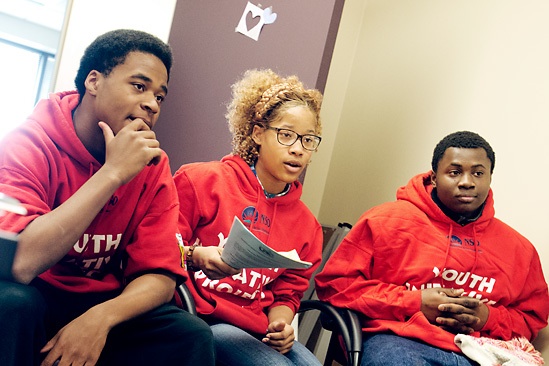 A story about our Neighborhoods Working in Partnership (NWP) initiative appears in the Michigan Nightlight this week. Principal Investigator Chris Coombe and Director of Community Health Programs and Strategies at Henry Ford Health System and NWP Policy Trainer Jaye Clement discuss the initiative.
A story about our Neighborhoods Working in Partnership (NWP) initiative appears in the Michigan Nightlight this week. Principal Investigator Chris Coombe and Director of Community Health Programs and Strategies at Henry Ford Health System and NWP Policy Trainer Jaye Clement discuss the initiative.
The story focuses on youth mobilizing for policy change and how the Detroit URC is working to build capacity of Detroit youth to engage in policy efforts so that they can have their voices heard. "Our training is designed to be interactive. It’s not something you can do online or read out of a book. It’s live and engaging."
The overall goal of this project is to enhance policy advocacy skills among residents of neighborhoods within The Skillman Foundation’s Good Neighborhoods Initiative (GNI), so they may engage in the policy-making arena and have an impact on local, state, regional and national level policies aimed at creating healthy, safe, and supportive neighborhoods for children and families. An article about the initiative was published in Michigan NightLight.
Communities Involved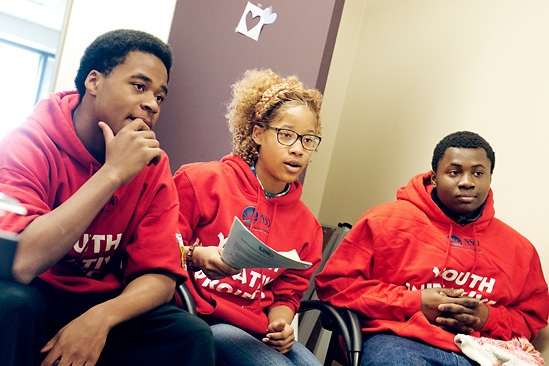
Communities Involved

Community residents and organizations based in the GNI areas (Brightmoor, Cody/Rouge, Vernor, Chadsey/Condon, Northend/Central and Osborn communities in Detroit) and the lower eastside of Detroit.
Partners
- Detroit URC Board partner organizations
- PolicyLink
- Organizations/residents affiliated with GNI
| Funding Source | The Skillman Foundation (2007- 2009) and University of Michigan (2007-2010) |
| Goals & Objectives: | Overall goal: To extend community voices into the policy-making arena in order to have an impact on local, state, regional and national level policies aimed at creating healthy, safe, and supportive neighborhoods for children and families. Objectives:
|
| Communities Involved: |
Community residents and organizations based in the GNI areas (Brightmoor, Cody/Rouge, Vernor, Chadsey/Condon, Central and Osborn communities in Detroit) and the lower eastside of Detroit. |
| Partners: | Detroit URC Board partner organizations, PolicyLink and organizations/residents affiliated with the Good Neighborhoods Initiative. |
| Intervention: | Detroit URC and affiliated projects will join with PolicyLink, a national policy consulting and capacity building organization based in Oakland, California, to implement training and technical assistance (TA) activities to be carried out in the GNI and URC neighborhoods, including: conducting a train-the-trainer workshop series for community and academic "core trainers" and organizational representatives; development of a policy training toolkit ; conducting a series of community-based training sessions for residents and organizational representatives in the GNI and URC neighborhoods; and providing ongoing TA to those who have completed the training. |
| Outcome Indicators: | Short-term: Increased awareness and understanding of the policy making process among community residents, including youth, and members of community organizations; and increased knowledge, skills/capacity and aspirations among community residents to engage in policy solutions to community-identified concerns. Mid-term: Youth, community residents and members of community organizations: extend and strengthen social networks for policy change; mobilize and educate for policy change at the local, state, regional and national levels; and engage in policy change at the local, state, regional and national levels Long-term: Development of policies at the local, state, regional and national levels that impact health and quality of life for children and families (e.g., policies which foster child-friendly spaces, youth development programs, neighborhood human services); and the creation of healthy, safe, and supportive neighborhoods for children and families. |
| Methods & Analyses: | A participatory and formative evaluation, using both quantitative and qualitative methods, will examine the process and outcomes of the project. The process evaluation will address questions related to project implementation and understanding how and why various aspects of the project were or were not effective (e.g., barriers and facilitating factors in conducting the training). The outcome evaluation will address questions related to the impact of the project on the short-term and mid-term outcomes (e.g., to what extent did the participants gain knowledge and skills through the training?; to what extent were the knowledge and skills developed applied by participants to policy change efforts?). |
| Results: | N/A |
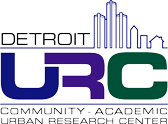



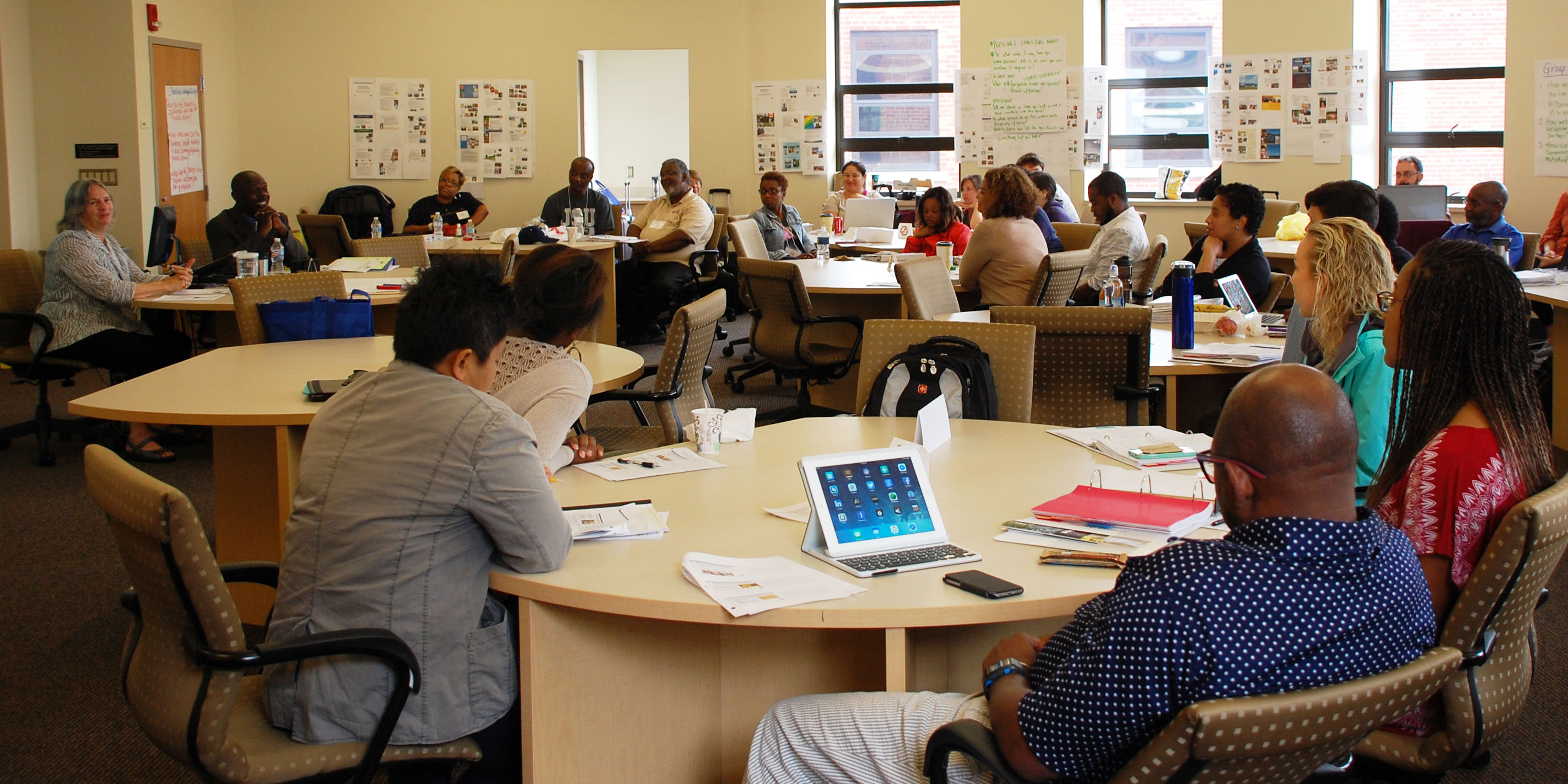
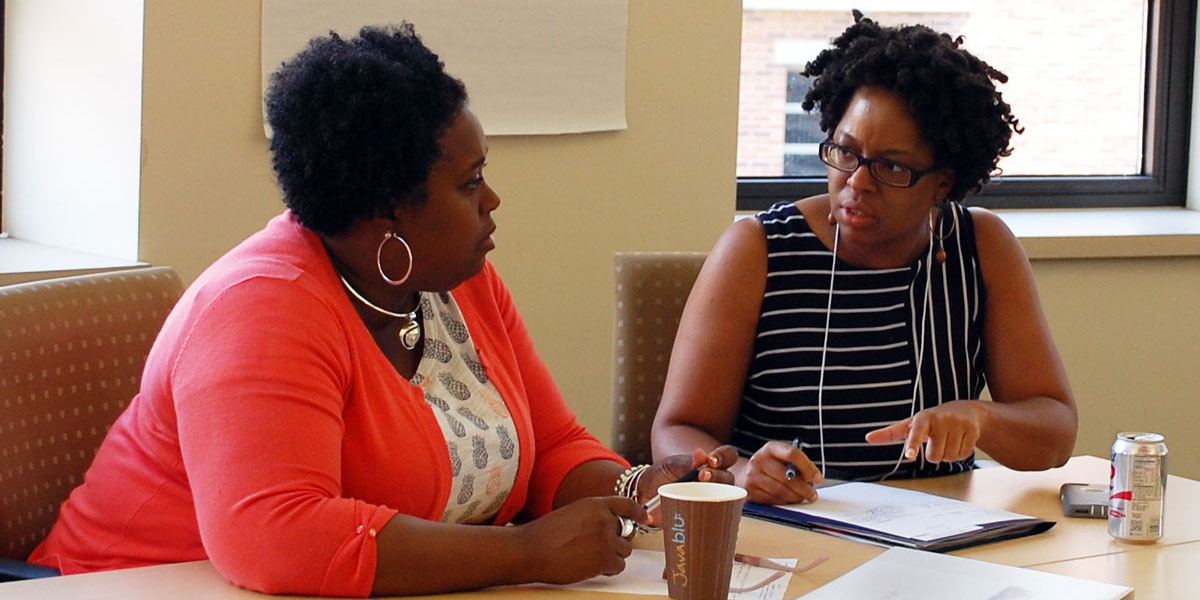


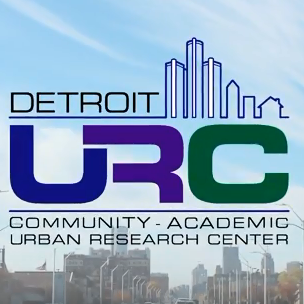


![[USE THIS] 2017 DWEJ logo_Horizontal](/cache/widgetkit/gallery/44/[USE THIS] 2017 DWEJ logo_Horizontal-64638c1e16.png)
